Lety u Písku
About seventy kilometres south of Prague, in 1940 the Germans set up a labor camp outside a small village of Lety. In August 1942, this became one of two detention and transit camps set up for roma and sinti within the protectorate of Bohemia Moravia (the other was Hodonin about 250 kilometres southeast of Prague). According to the Nazi racial doctrine, gypsies were an inferior race that eventually threatened the Aryan race. The gypsies were also considered to be a drifting people with no natural place on earth. Just as the nazis introduced anti-Jewish laws, anti-romani laws were also introduced that severely restricted or removed the rights of the gypsies. The camp consisted of about ten barracks and was not large in size and the prisoners were forced to various slave labor outside the camp.
As in other camps, there was a shortage of food and medicines and the overcrowding contributed to the spread of diseases among the prisoners. In August 1943, the camp was liquidated and the remaining gypsies were deported to Auschwitz. During the camp’s existence, about 1300 gypsies passed through the camp, of which 326 deaths, most of them children, were registered. They were buried in a mass grave just outside the camp. About 500 were deported to Auschwitz where they were put in a special gypsy camp in Auschwitz II-Birkenau. This special camp was liquidated August 2nd, 1944, when about 4,000 of them were murdered in the gas chambers.
Current status: Demolished with museum (2025).
Location: 49°30'25.93" N, 14°07'07.81" E
Get there: Car.
Follow up in books: Lewy, Guenter: The Nazi Persecution of the Gypsies (2000).
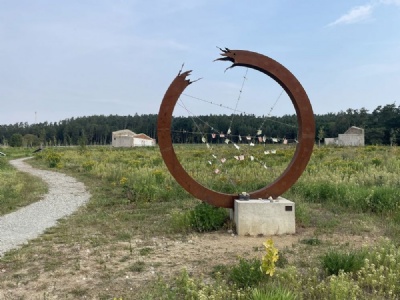
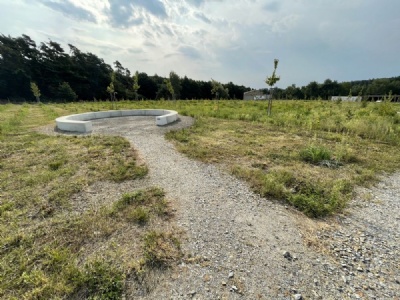
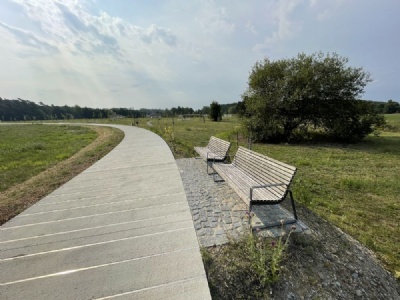
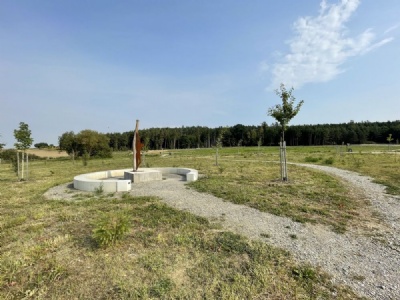
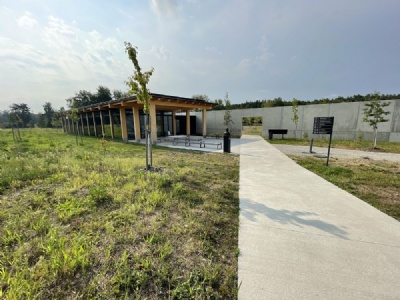
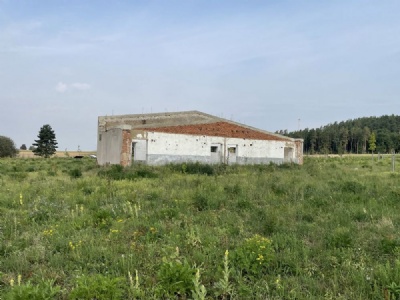
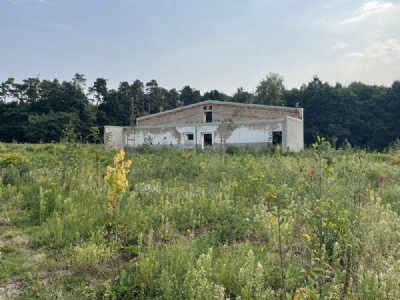
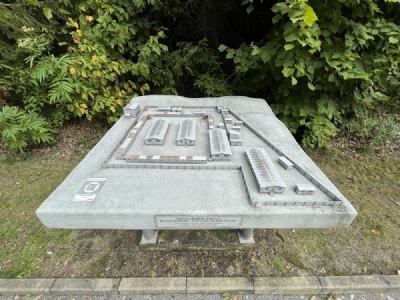
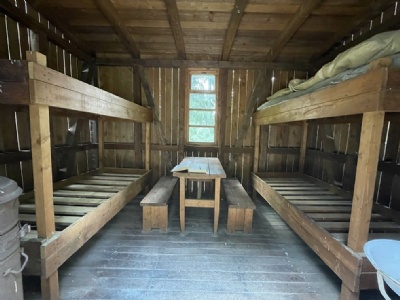
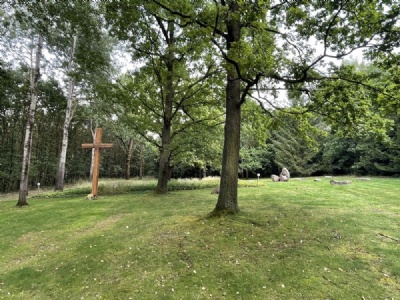
During the seventies, a pig farm was built in the former camp area without regard to the site’s history. Only in 1995, after the Communist era, a monument was erected on the site of the mass grave. But the pig farm itself, despite protests, remained until 2022 when it was bought up by the Czech state and demolished. But as a remnant of how the history of the site was handled by the Czech state, parts of the pig farm were left and are now part of the museum that opened in May 2024.